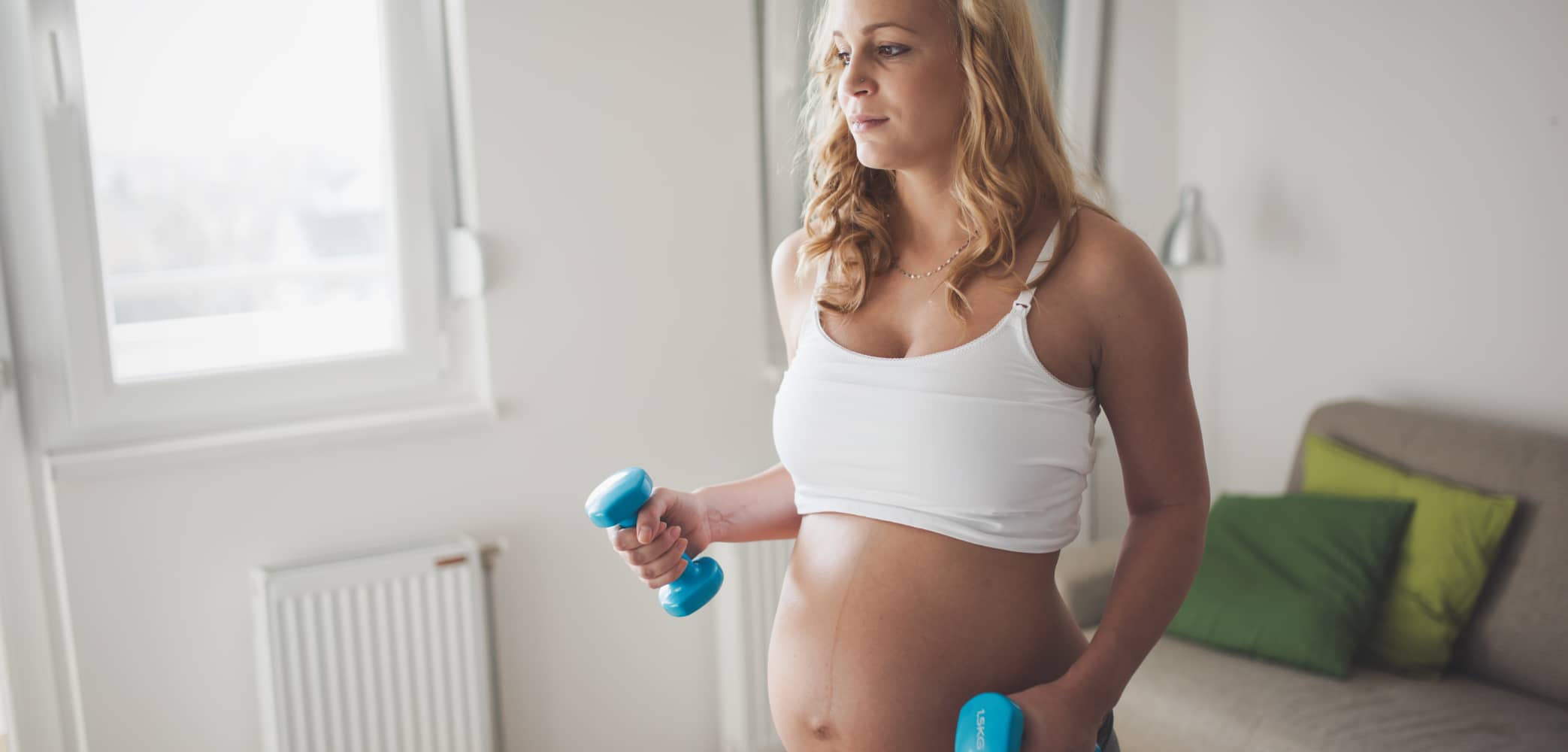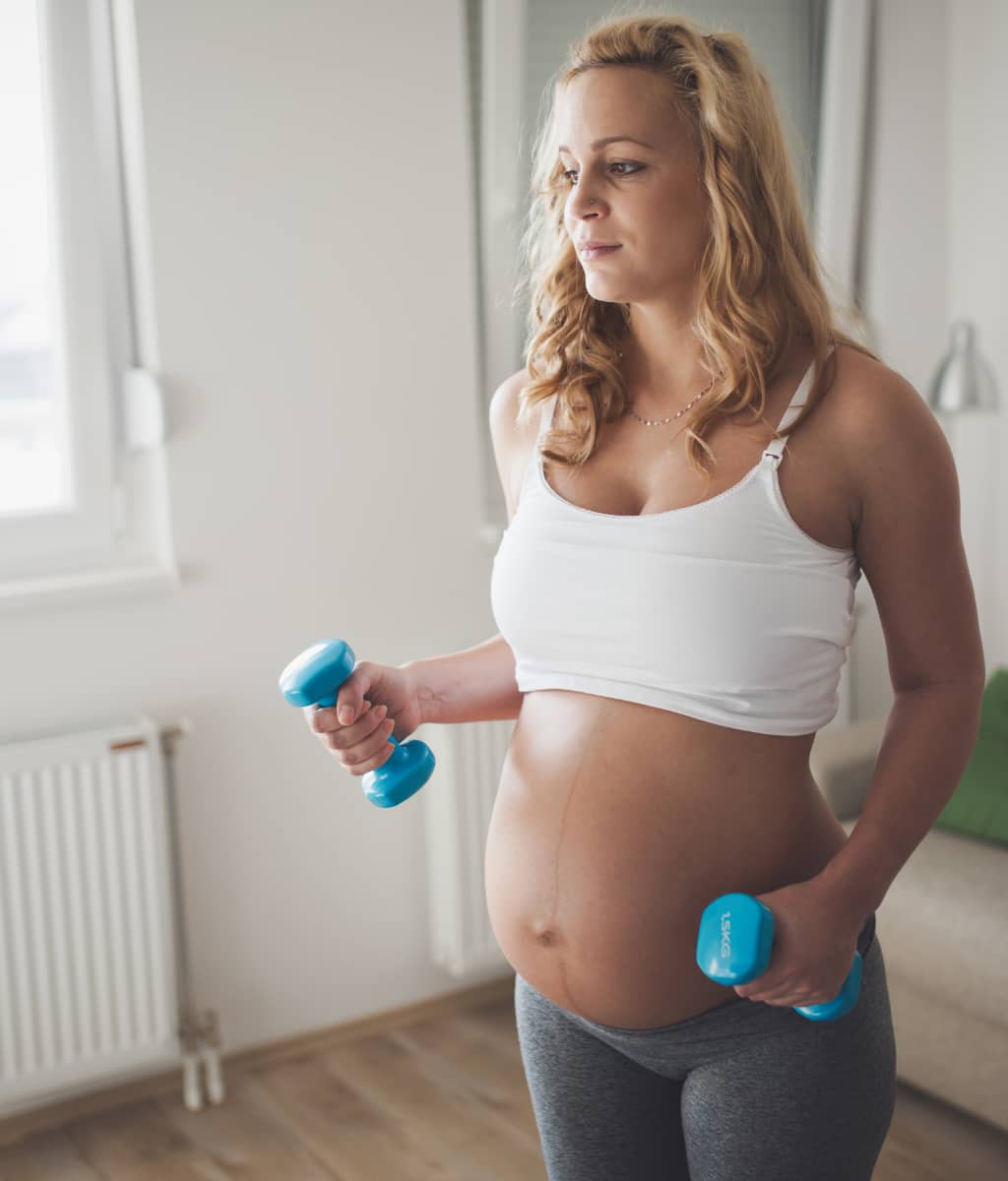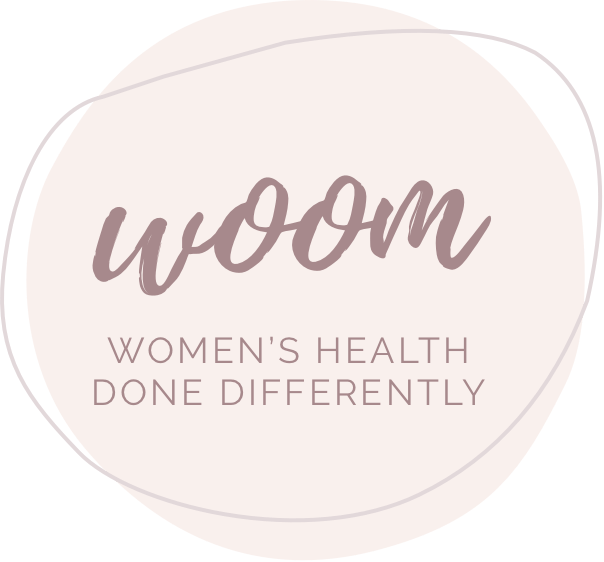Pregnancy physiotherapy Perth
throughout pregnancy and postpartum
Kelly Chilvers is our passionate women’s health physiotherapist here at woom. In our multidisciplinary women’s health clinic, she collaborates with your woom specialist or woom women’s health GP. You can easily book an appointment, regardless of whether you’re seeing one of our woom doctors and specialists or not.
In this article, we focus on our pregnancy physiotherapy services; for a full overview of our women’s health physiotherapy services, click here.


Pregnancy physiotherapy Perth
Being in pain during your pregnancy is tough. If you struggle with mobility, it’s important to seek help, preferably within a few days to a week. As women’s health physiotherapists, we can help manage your pain with
- Manual therapy
- Acupuncture
- Exercise therapy
- Relaxation
- Pilates-based strengthening work


We see many women during pregnancy and it means that we are in an excellent position to prepare you for childbirth and to see you once you have given birth, in case of complications during labour.

Pregnancy Physiotherapy Perth
Pregnancy physiotherapy
Physio to prepare for birth
Postpartum physiotherapy near me
However, in some cases, you may decide to see us earlier, especially when you suffer from incontinence, breast issues or prolapse problems.

Women’s Health Physiotherapist Perth
Early postpartum physiotherapy (0-6 weeks)
The first 6 weeks after birth is often called the 4th trimester. We encourage you to rest and focus on developing a bond and a feeding routine with your baby. If you are concerned about any issues you experience after delivery, we encourage you to book an appointment.
These are common postpartum issues a physiotherapist can help with:
- Perineal swelling, bruising or pain,
- Constipation, haemorrhoids or anal pain,
- Abdominal muscle separation or bulging,
- Bladder emptying or control issues,
- Vaginal heaviness or prolapse,
- Breastfeeding issues such as blocked milk ducts, nipple pain or mastitis,
- Body aches or pains after birth.
Our pelvic health physiotherapists will be able to provide practical post-birth advice, manual therapy, therapeutic ultrasound, and low-level laser therapy as needed to help improve your symptoms.
Postnatal checkup (4-6 weeks)
A postnatal checkup, four to six weeks after birth, is something we recommend for every woman, regardless of how easy or difficult labour was. During a postnatal checkup, you will learn how your body is recovering from birth. This includes
- Pelvic floor assessment with real time ultrasound and/or vaginal assessment,
- Abdominal assessment for separation/diastasis,
- Screening for bladder or bowel concerns,
- Screening for vaginal heaviness or prolapse symptoms,
- Screening for perineal pain and/or pain with sexual intercourse,
- Discussion of goals for daily function and returning to exercise.
Postpartum exercise
Returning to activity too early can put you at risk of pelvic organ prolapse, incontinence or developing an injury.

Women’s Health Physiotherapist Perth
Returning to exercise and daily activities
Returning to high-impact exercise/running
Women’s health physiotherapists

Whether you are trying to fall pregnant, currently pregnant or postpartum, come and speak to our women’s health physiotherapist here at Woom. To book an appointment, click here.
